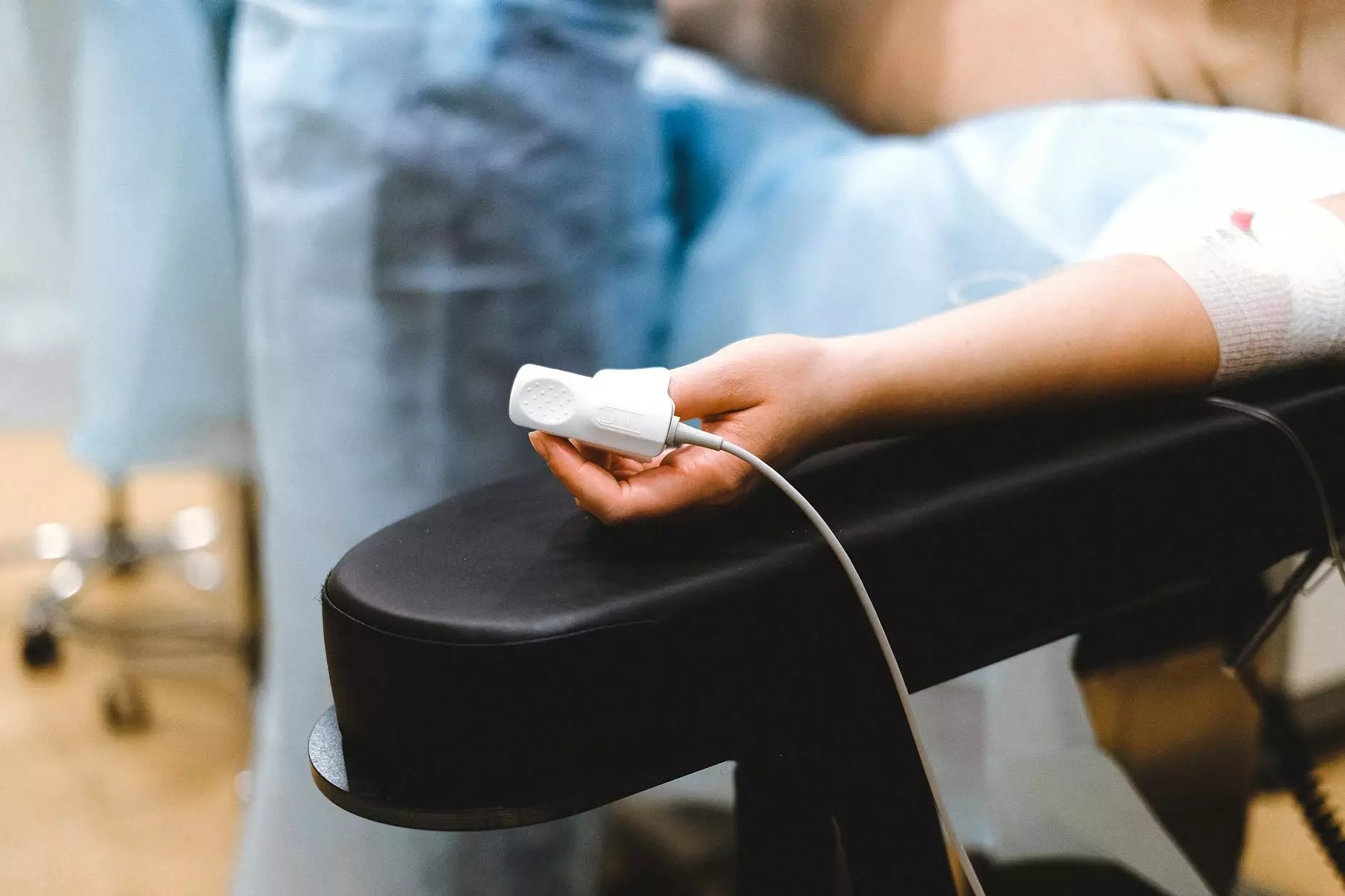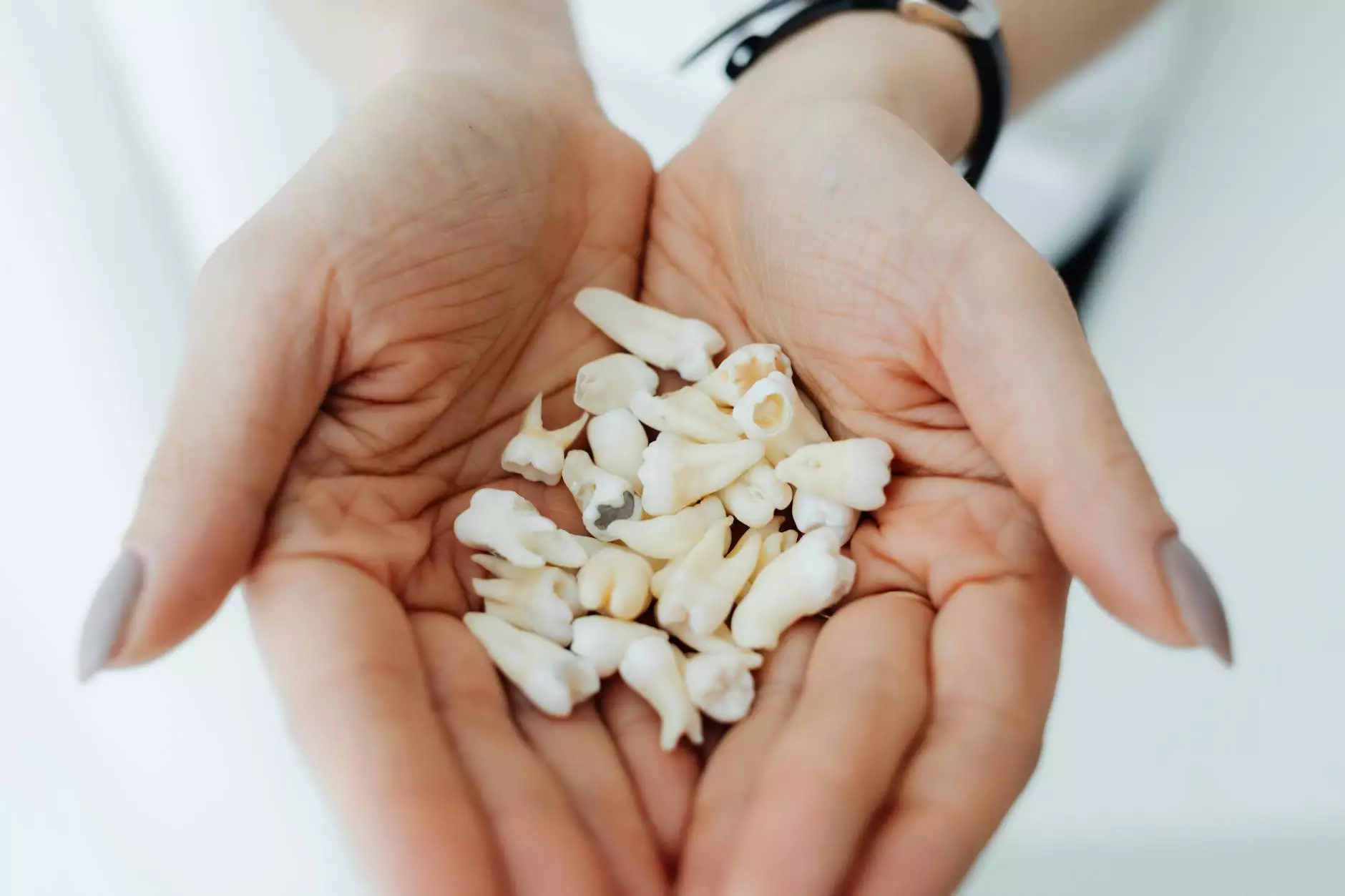Wisdom Tooth Extraction Recovery: A Comprehensive Guide

Understanding the wisdom tooth extraction recovery process is crucial for anyone undergoing this common dental procedure. Whether you're experiencing discomfort from your wisdom teeth or have been advised by your dentist to have them removed, knowing what to expect during recovery can make a significant difference in your healing process.
What to Expect After Wisdom Tooth Extraction
After your wisdom tooth extraction, your body will begin the healing process. Generally, this involves a series of phases that can vary in duration and intensity from person to person. The recovery timeline typically spans from a few days to a couple of weeks, depending on various factors.
Immediately After the Procedure
- Bleeding: It's normal to experience some bleeding post-extraction. You will likely be given gauze to bite down on to help control this.
- Swelling: Swelling can occur as your body reacts to the extraction. This may peak around the second or third day after the procedure.
- Pain Management: Your dentist will often prescribe pain medication or recommend over-the-counter options to manage discomfort.
Understanding the Recovery Phases
The wisdom tooth extraction recovery process can be broadly categorized into three phases:
1. Immediate Recovery (0-3 Days)
During this period, you will likely experience the most discomfort and swelling. Following your dentist's aftercare instructions is essential for a smooth recovery. Here are some tips:
- Rest: Take the first 24-48 hours to rest.
- Cold Compress: Use an ice pack on the outside of your cheek to minimize swelling.
- Stay Hydrated: Drink plenty of water, but avoid using straws, as suction can dislodge blood clots.
2. Subacute Recovery (3-7 Days)
After the third day, your symptoms should begin to improve. The majority of swelling and discomfort should subside. During this phase:
- Soft Foods: Focus on consuming soft and easy-to-chew foods like yogurt, mashed potatoes, and smoothies.
- Oral Hygiene: Maintain proper oral hygiene but be gentle around the extraction site.
- Watch for Complications: Keep an eye out for increased pain, swelling, or bleeding, which could indicate complications.
3. Full Recovery (1-2 Weeks)
By the end of the second week, most patients feel significantly better. However, it's vital to continue following any additional instructions provided by your dentist. Use this time to:
- Gradually Resume Activities: Slowly begin your normal activities as you feel comfortable.
- Follow-Up Appointment: Schedule a follow-up with your dentist to ensure proper healing.
- Nutrition: Continue to eat a balanced diet to support healing.
Tips for a Smooth Recovery
To enhance your wisdom tooth extraction recovery, consider the following tips:
- Follow All Instructions: Adhere strictly to the post-operative care instructions given by your healthcare provider.
- Avoid Physical Strain: Refrain from heavy lifting or strenuous activities for at least a week post-surgery.
- Moderate Exercise: Engage in light, low-impact exercises if you feel up to it.
Recognizing Complications
While most recovery experiences are uneventful, it’s crucial to remain vigilant for potential complications:
- Dry Socket: This condition occurs when the blood clot at the extraction site becomes dislodged, leading to increased pain and delayed healing.
- Infection: Signs of infection can include fever, continued swelling, and pus discharge.
- Persistent Bleeding: If bleeding persists beyond the first few hours post-surgery, contact your dentist immediately.
Foods to Eat and Avoid During Recovery
Your diet plays a significant role in your recovery. Here’s a helpful list of foods to consider:
Foods to Eat
- Applesauce: Smooth and nutritious.
- Broths and Soups: Easy to consume and hydrating.
- Mashed Potatoes: Soft and comforting.
- Jell-O or Pudding: These provide sweetness without requiring chewing.
Foods to Avoid
- Hard Foods: Such as raw vegetables and nuts that can irritate your gums.
- Spicy Foods: Can cause discomfort and inflammation.
- Citrus Fruits: Their acidity can also irritate sensitive gums.
- Alcohol and Caffeinated Beverages: These can promote dehydration and hinder recovery.
When to Contact Your Dentist
It is important to stay proactive regarding your healing. Contact your dentist if you experience:
- Severe Pain: Pain that is not manageable with prescribed medications.
- Persistent Swelling: Swelling that worsens instead of subsiding.
- Fever: A persistent fever can indicate an infection.
The Role of Kensington Dental Studio in Your Recovery
At Kensington Dental Studio, we prioritize your comfort and well-being throughout your wisdom tooth extraction recovery. With a dedicated team of professionals, we provide personalized care, tailored recovery plans, and are here to answer any questions you may have.
Commitment to Excellence
Our commitment to patient education means that you will be well-informed about every step of your procedure and recovery. We believe that an informed patient is better prepared for a successful recovery.
Conclusion
Recovering from a wisdom tooth extraction may seem challenging, but with the right knowledge and care, you can navigate this period smoothly. Following the guidelines outlined in this article will help ensure a successful recovery. Remember, it’s always essential to listen to your body and consult your dentist at Kensington Dental Studio whenever necessary.
For more information and personalized advice regarding your wisdom tooth extraction recovery, do not hesitate to get in touch with Kensington Dental Studio today.








